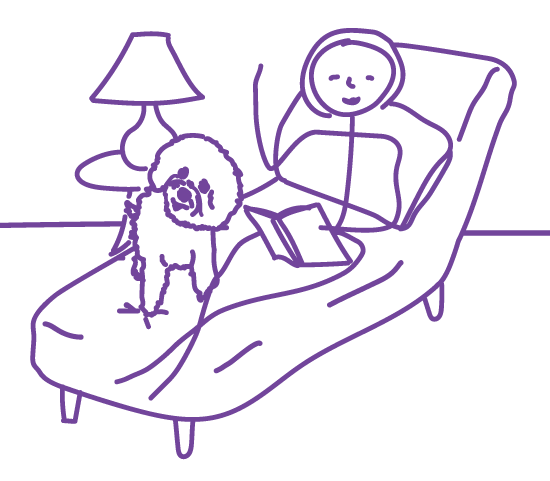 As a life-long learner, I consider myself a student of group dynamics and organizational cultures. Initially inspired by an ardent belief in “the whole is greater than the sum of its parts”, I grew into studying how the parts might be facilitated towards the healthiest possible whole. In other words, how can communities of people working together become more effective ‘hosts’ – with empathetic, constructive and realistic referents – inspiring hopeful interdependence and in support of both the individual and the group as a whole?
As a life-long learner, I consider myself a student of group dynamics and organizational cultures. Initially inspired by an ardent belief in “the whole is greater than the sum of its parts”, I grew into studying how the parts might be facilitated towards the healthiest possible whole. In other words, how can communities of people working together become more effective ‘hosts’ – with empathetic, constructive and realistic referents – inspiring hopeful interdependence and in support of both the individual and the group as a whole?
My animated interest to understand this connection of influence between individuals, groups and collectives led me to engage two trajectories of learning through study, experience and reflection, for over 25 years now:
- The first trajectory focuses on how situations are interpreted, understood and expressed from the individual to groups and into collectives (organizational communities as groups of groups); and
- The second explores how understanding human development across the life cycle can inform us about the most positive approaches for facilitating healthier individual experiences, group dynamics and organizational cultures.
By working to help evolve our perspectives and account for the social, cultural, economic, physical and emotional realities we find ourselves in, I’m continuously inspired by our human resilience and animated vibrancy. When we are able to connect important values with our priorities, eloquently interpret past experiences to find our authentic voice, and discover constructive approaches to guide us towards meaningful outcomes, I have been fortunate to facilitate and witness how the whole can truly become greater than the sum of its parts.
Throughout my career, I have sought to discover my own intellectual aliveness for learning how to help people be at their best and in turn, to support nurturing the very best of humanity across uniquely diverse and distinctly different circumstances. I think of myself as a ‘reality navigator’ discovering ways to help people navigate their realities better – whether this is by developing data collection instruments, teaching courses, offering presentations or training sessions, facilitating meetings, developing strategic plans for future activities, writing to a general or specific audience, or working one-on-one with individuals or families. All of my work has been original and customized because for me, I know this is the best way to conscientiously address the interests and concerns of those I’m working with.
During these past recent years, I have found myself without living parents (I was a caretaker for both who have since passed away) and all of my valued and gracious mentors have retired. passed or are in the process of retiring. This has led me to earnestly contemplate where my passion for learning shall next rest.
As I came to understand “helping people helping others” is where my gaze has been orienting towards, I was able to articulate how I’ve always been working towards understanding and facilitating a phenomenon I think of as “social healing”. When traumas are socially impelled, healing must necessarily become a social phenomenon as well. So now, as I work and live my life, I ask myself: Does what I am contributing facilitate (in even some small way) to the possibility of social healing?
Meryl Tsukiji
Reality Navigator/Organizational Facilitation Researcher

